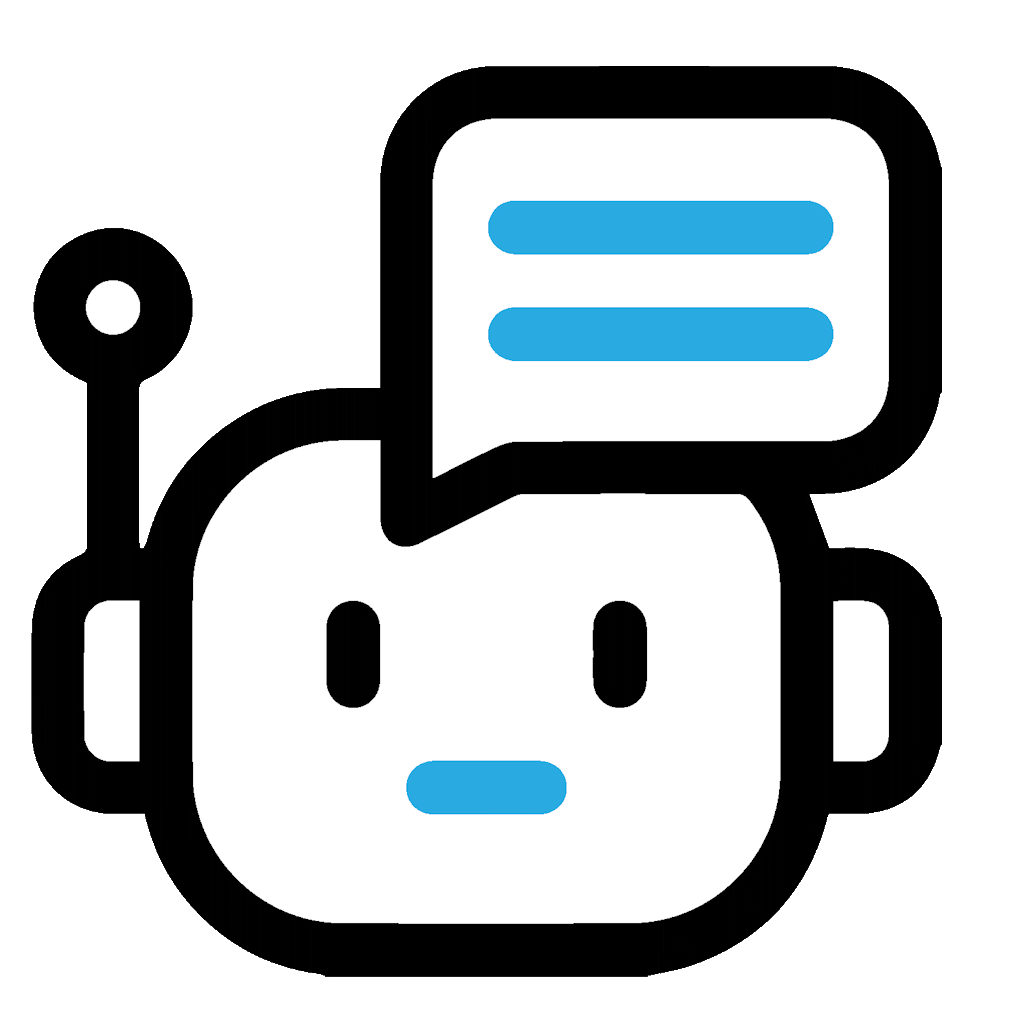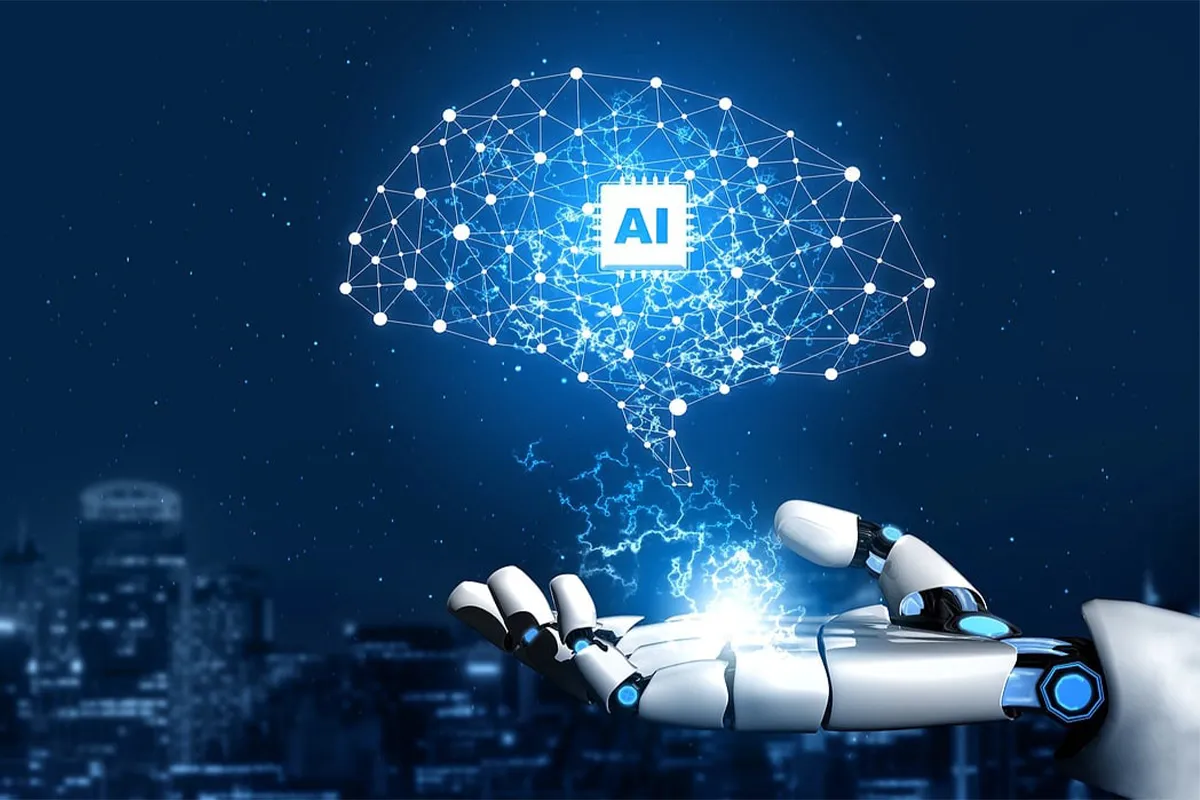Artificial Intelligence (AI) has increasingly become a common tool in our daily lives. Be it mechanical devices, AI software, mobile applications, workouts, or education, you will now see AI is a key component of all these industries. We now use AI to execute most of our daily tasks. It has made our lives much more convenient. The tasks that took days can be done within a few minutes.
For instance, it took weeks to write a research paper. Now, all you have to do is ask ChatGPT or a similar educational-based AI tool to do that for you. It will take a few minutes, and it will generate a well-written research paper for you within the blink of an eye. Isn’t that amazing?
However, with advancements in AI educational applications, there are some serious ethical issues. These issues concern everyone, especially the younger ones. AI is like a double-edged sword. The educational institutions, students, and stakeholders have a responsibility to put it to the right use by spreading awareness about AI’s ethical aspects.
Key Issues in AI Ethics for Students
AI is increasingly becoming part of daily life. Students must know about AI ethical issues. Important issues include data privacy, bias, accountability, job effects, misinformation, and ethical design.
1. Data Privacy and Consent
AI systems need a lot of personal data to work well. This raises problems about how this data is collected and used. It is important that people give informed consent and that their privacy is protected.
2. Bias and Fairness
AI algorithms can sometimes keep existing biases from their training data. This can lead to unfair results. It is important to fix these biases so that AI does not treat any group unfairly.
3. Accountability and Transparency
Finding out who is responsible for AI decisions is a hard problem. It is important to create clear rules about accountability and to ensure transparency in what AI does. This helps to prevent harm and builds trust.
4. The Impact of AI on Employment and Economy
AI can automate tasks. This can lead to job loss in some areas. It is important to understand the economic effects and to prepare people for changes in jobs. This helps to reduce negative effects and gain benefits from AI.
5. Misinformation and AI-generated Content
AI can create misinformation, like deepfakes. This can break public trust and disturb society. It is necessary to make plans to find and stop AI-generated misinformation. This helps to keep information trustworthy.
6. Ethical Design and Development of AI Systems
It is important to add ethical thoughts when designing and building AI systems. This helps to avoid problems that happen by accident. This includes following ethical rules. It involves different people in the process. It also requires checking AI systems often. We need to make sure these systems match what society values.
It is important to understand and fix the main issues in AI ethics. This helps in creating responsible AI. We should focus on ethical things like data privacy, fairness, and transparency. This way, we can lower risks and increase the good things about AI. We give students this knowledge to help them make AI work well for everyone.
Frameworks and Guidelines for Ethical AI Use
Different groups and governments create rules for ethical AI. For example, the European Union has guidelines for trustworthy AI. These guidelines highlight important ideas like human choice and privacy. The OECD also has principles for fair and clear AI that help people. These guidelines are important for making AI responsible.
Organizations use frameworks for ethics in AI development. Fujitsu has a framework for checking ethical risks. This method finds problems early and fixes them. It shows that ethics can go together with AI innovation.
AI ethics tools help align technology with ethical standards. Tools like the OECD’s self-assessment questionnaire help groups check their AI systems. UNESCO has a tool that looks at AI’s benefits and risks. This ensures that AI respects human rights and helps the planet.

Developing an Ethical Mindset in Students
It is important to build an ethical mindset in students. There are a number of AI benefits for the education sector. This prepares them for tough moral choices in life. We can do this through strategies that encourage thinking, teamwork, and connecting with real situations.
- Encouraging Critical Thinking: Teaching critical thinking helps students analyze information. Students can evaluate information without bias. This skill leads to better and fair decisions. Teachers can use assignments that ask students to debate ethical issues. Using AI tools can make these debates feel real. This will help students to improve their thinking and understanding of right and wrong.
- Collaborative Learning Experiences: Working together increases student engagement. Students can share different ideas. This sharing makes their understanding of ethical issues deeper. Teachers can set up debates and group projects. Students can practice saying their ideas clearly. They can also think about other people’s viewpoints. This will help them to think critically and make good decisions.
- Engaging with Real-World Scenarios and Solutions: Using real-world situations in class helps students see how theory applies. This connection builds critical thinking and problem-solving. When teachers show students real-life problems, they encourage analytical thinking. Students learn to work together better. This helps prepare them for jobs in the future.
It is important to help students develop an ethical mindset. This skill allows them to face challenges honestly and responsibly. By teaching critical thinking, promoting collaboration, and using real-world examples, teachers can give students the tools to make ethical choices. These skills help them grow as people and also help society.
The Role of Education Institutions
Schools are adding AI ethics to their lessons. This helps students face the ethical issues of new technologies. Programs that mix technical skills with ethics help students deal with real situations. Classes on AI ethics cause important talks about data privacy and bias in AI.
Teachers play a key role in teaching AI ethics well. Schools give training to help teachers understand both tech and ethics in AI. This training helps teachers lead important discussions. There are various AI tools that teachers can use to improve their teaching. They can help students make ethical choices and build a sense of responsibility.
Collaborations with technology companies help schools to access new AI tools and knowledge. Partnerships make a connection between schools and businesses. They encourage new ideas while making sure that ethical rules are followed. These partnerships also give students a chance to see real-world situations. This helps them understand how to use ethical AI in their work.
Future Directions in AI Ethics
AI is changing all the time. Its ethical issues are becoming more complicated. New technology trends, changing policies, and student involvement are important for the future of AI ethics.
- Emerging Trends in AI Technology: Recent progress in AI includes generative models and self-operating systems. These bring new ethical problems. The growth of Artificial General Intelligence (AGI) raises worries about control and how it connects to human values. It also raises questions about the effects on society. Solving these problems requires ongoing checks of ethics and strong rules for responsible AI use.
- The Evolving Landscape of AI Policy and Governance: Governments around the world are paying more attention to AI rules and management. They want to make sure that AI is developed and used in an ethical way. New laws like the European Union’s AI Act seek to regulate AI use. They focus on being open, responsible, and making sure that people are in charge. These new laws show a worldwide effort to deal with ethical worries and protect the public as AI advances quickly.
- The Role of Students in Shaping Ethical AI: Students can influence the future of AI ethics as the leaders of tomorrow. They can learn skills that mix technical knowledge with ethical thinking. This helps them create AI systems that fit with what society values. By joining in discussions, research, and making policies, students can affect the ethical rules and practices for future AI technologies.
- Emotional AI in Education: Emotional AI in education has a greater role in the future. Applications based on emotional AI are more cautious about students’ needs. They help them gain the information and retain it for the long term.
Navigating the future of AI ethics needs a team effort. Technologists, policymakers, educators, and students must work together. This teamwork helps to make sure AI advances benefit society. It also ensures that ethical principles are respected.
Conclusion
The journey to ethical AI is not just a technical problem. It is also a great chance to change how innovation meets humanity’s important values. Ethical AI must change from just fixing problems later. It should also work to make sure technology helps communities. It should keep dignity and support inclusive progress. This takes a mindset that balances ambition with responsibility. AI must change with its duties.
To reach this vision, we must work hard and stay committed. We need cooperation between technologists, ethicists, educators, and leaders. We should not only focus on stopping harm. We must also create systems that value fairness and clarity. These systems will benefit society in the long run. By accepting these ideas, we prepare for a future where AI is smart and matches the ethical goals of humanity.

